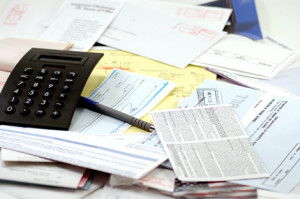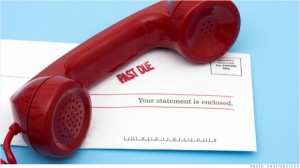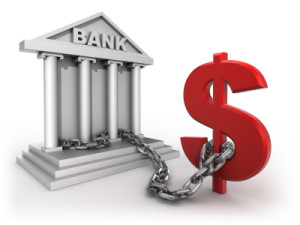 Today’s top story: The bills you need to prioritize when you’re short on cash. Also in the news: Divorcing your financial adviser before your spouse, what to do when you get an inheritance, and the potential drawbacks to buying a home with an FHA loan.
Today’s top story: The bills you need to prioritize when you’re short on cash. Also in the news: Divorcing your financial adviser before your spouse, what to do when you get an inheritance, and the potential drawbacks to buying a home with an FHA loan.
Prioritize These 5 Bills When You’re Short on Cash
Creating an order of importance.
Before divorcing your spouse, consider divorcing your financial adviser
You’ll need someone who’s only in your corner.
What to do when you get an inheritance
Besides tapdancing, of course.
The Drawbacks of Buying a Home With an FHA Loan
Knowing the potential downsides.
FTC Shuts Down 12 ‘Rogue’ Debt Collectors
The tactics they used to collect a debt will stun you.


